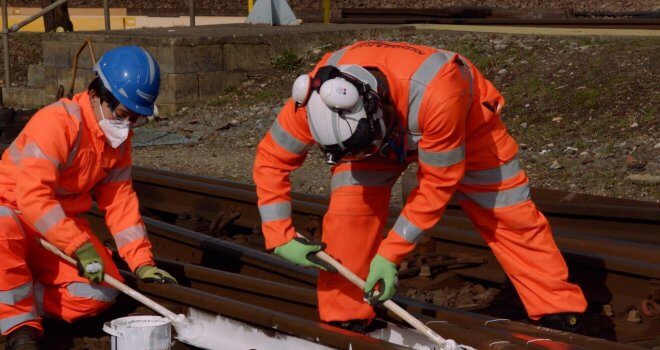Hopes For More Gigafactories ‘Face Dead End Without More Investment’

Ambitions for more electric car battery plants to be planned in the UK could “reach a dead end” without increased financial support, MPs have said.
A Government scheme expected to support the establishment of so-called gigafactories is “insufficient”, the Environmental Audit Committee (EAC) warned.
The Automotive Transformation Fund is worth just £500 million, but a single gigafactory costs between £2 billion and £4 billion to set up, according to the committee.
The EAC has heard evidence that governments in other European countries are supporting factories with £750 million each.
There are no gigafactories in the UK, but in recent months openings in Blyth, Northumberland, and Sunderland, Tyne and Wear, have been confirmed, while there is also a proposed plant in Coventry.
An estimated five more are required by 2027 to meet ambitions for the production of battery electric vehicles in the UK for sale in domestic and EU markets, according to the EAC.
Tory MP Philip Dunne, who chairs the committee, said recent announcements about gigafactories being opened in the UK are “clearly welcome” but for the UK to reach net zero carbon emissions “we still need to take it up a gear”.
He went on: “If we are to continue manufacturing vehicles to sell into the EU and UK at our current rate, the industry estimates we will need five more gigafactories up and running by 2027.
“We doubt the £500 million Government funding left in reserve for automotive transformation will be sufficient to secure the additional 100 gigawatt hours of gigafactory output needed for the UK electric vehicle sector to reach its full potential.
“Without further Government support, establishment of the battery electric vehicle sector in the UK – critical to maintain our auto industry supply chain – will reach a dead end.”
Prime Minister Boris Johnson gave the clearest signal yet that the Government will lend support to the building of the proposed plant in Coventry during a visit to the UK Battery Industrialisation Centre in the city on Thursday.
In a speech, he said: “We need these batteries, there’s absolutely no question.
“It’s great that Envision is bringing a gigafactory to Sunderland and we have high hopes of the BritishVolt plant in Blyth.
“But even those two together will only supply a fraction of the demand that the UK’s own domestic vehicle market will have.
“We’re going to need 70,000 skilled people just to make batteries across this country.
“We want to work… to make sure we produce those gigafactories across the whole UK.
“There’s obviously a case for having a gigafactory here in the West Midlands.
“You’re going to want one next to a centre of automotive manufacturing, but even that won’t be enough to satisfy the demands, just for the UK domestic market.”
He added the UK could also “do much more” to source chemicals and metals in the UK, “to make sure this country retains its lead in devising ever cleaner, ever greener, more beautiful technology”.
A spokeswoman for the Department for Business, Energy and Industrial Strategy said: “The UK continues to be one of the best locations in the world for automotive manufacturing, particularly for electric vehicles, through major investments to electrify our supply chain, create jobs and secure a competitive future for the sector.
“This has been clearly demonstrated by Envision AESC and Nissan, who have recently announced a £1 billion investment in Sunderland, backed by Government.
“We have pledged hundreds of millions of pounds to support the development and mass-scale production of batteries for electric vehicles and are dedicated to securing the UK gigafactories we need to deliver on our ambitions.”




